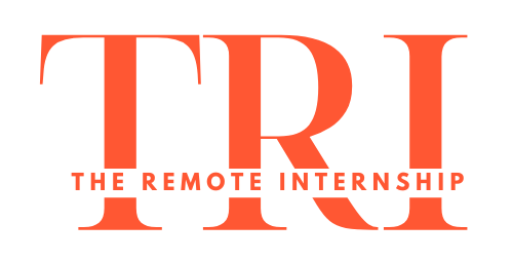Selecting the right manager for a particular area in a company is a task of great responsibility. Those who decide to apply for this type of position must be clear about their specialty and line of work, because a commercial manager is very different from a financier or a production manager.

Planning, critical and strategic thinking are skills that should also be highlighted in the resume.
“The points that are most taken into account in the resume of the applicant who is applying for a managerial or managerial position have changed, this due to the arrival of technology and the different forms of work that have emerged in the market,” Ana María Briceño, an expert in Talent at Executive SAS,
1. The skills that define a good manager
However, regardless of the management to be occupied, there are essential factors that the recruiter will examine in the document and that should not be neglected. This type of curriculum seeks “the impact on the strategy of the companies where they have worked, budget control, cultural adaptability, orientation to sustainable practices, understanding of labor rights and duties, as well as the corresponding technical skills,” said Briceño.
2. Detail and support previous work experiences
Work experience is undoubtedly the first and most relevant factor that recruiters take a look at in these cases, since this will depend on the similarity, effectiveness and level of rapport with the vacancy. Each step through a company or project should include the duration, achievements, results and a brief work reference. Here a broad achievement of academic degrees without having put them into practice may be insufficient.
3. Employment references that serve as evidence
According to Andrés Díaz Granados, executive manager of DNA Human Capital, “it is important to include in the references to the previous bosses or companies that can serve as support to the recruiters, who are responsible for validating all the information, results and work experience embodied in the resume”.
4. How well do you perform as a leader?
Being in charge of large work groups is a common task for this type of position, therefore, the number of employees you have had under your command is an aspect to highlight. At the same time, before the management of teams, these managerial positions require very specific soft skills such as leadership, communication, management and timely response to a crisis.
How are these types of candidates selected?
These types of candidates face more extensive and strict selection processes. For this reason, many times those in charge of capturing managerial profiles are “expert recruiters and ‘headhunters’ who are specifically dedicated to this task, because they are people who know in depth the challenges that these professionals go through; in general, they are evaluated much more thoroughly and as much information as possible is obtained to help minimize the risk of hiring,” Diaz said.

